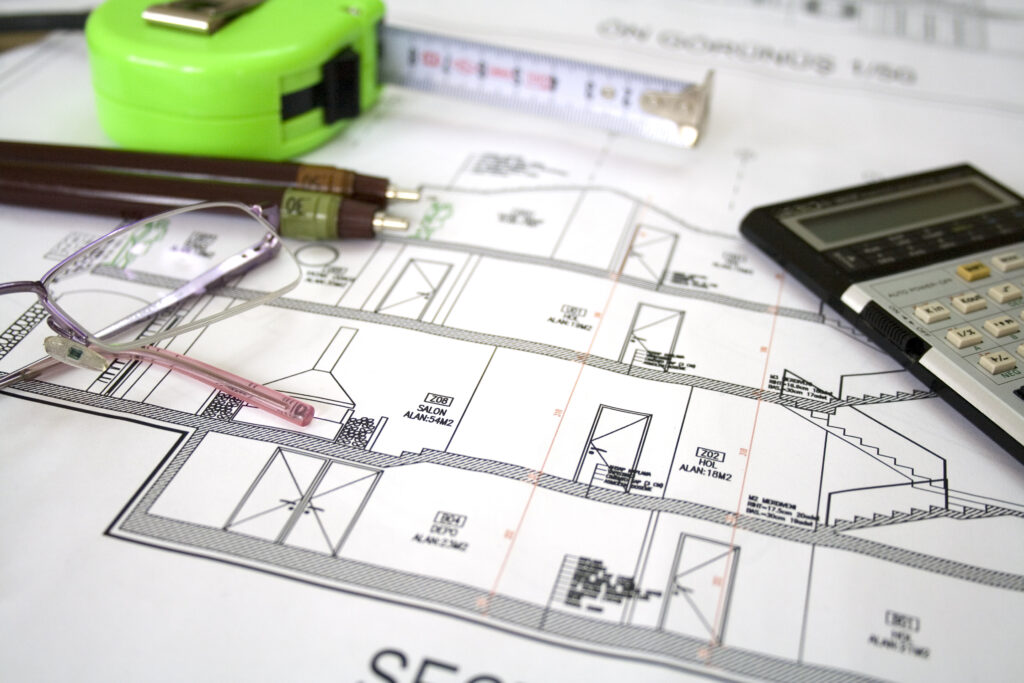Building a new home begins long before the foundation is poured. To avoid costly mistakes during the construction process, start with these five important steps. As you move from your dream house to your real house, be sure to ask questions and share your progress.
1. Plan Your Budget
Begin now to think about how much you can afford to spend and how much building your new home is likely to cost. Chances are you will need a construction loan and a mortgage. It’s not too early to find out what size loan you qualify for. Also, knowing the approximate costs will help you modify your building plans to meet your budget.
2. Choose Your Lot
Whether you are building your home in a suburban development or a site with sweeping ocean views, you will almost always need to choose the land before you select floor plans or other details. You (and any pros you hire) will need to investigate factors such as soil condition, drainage, zoning and building codes in the region.
3. Line Up Your Team
You’ll need a team of experts to design and construct your house. Key players will include a builder, an excavator, a surveyor and a home designer or an architect. Many homeowners begin by selecting the builder or contractor. That pro then selects other members of the team.
4. Pick a Plan
Many new homes are built using stock plans from a catalog. The builder or a home designer may make minor modifications in room size, window style or other details. A custom-designed home, on the other hand, is created specifically for the family which will live there. In most cases, custom-designed homes require the services of a licensed architect. Whether you opt for a stock or a custom design, you will be wise to choose a plan that will meet your needs for many years to come.
5. Negotiate a Contract
Be sure to get a written contract which has been signed and dated by both the builder or contractor and the architect or designer. A contract for new home construction will describe the project in detail and include a listing of all the parts to be included in the house. Remember to amend the contract if you or your team make any changes to the project later on.



